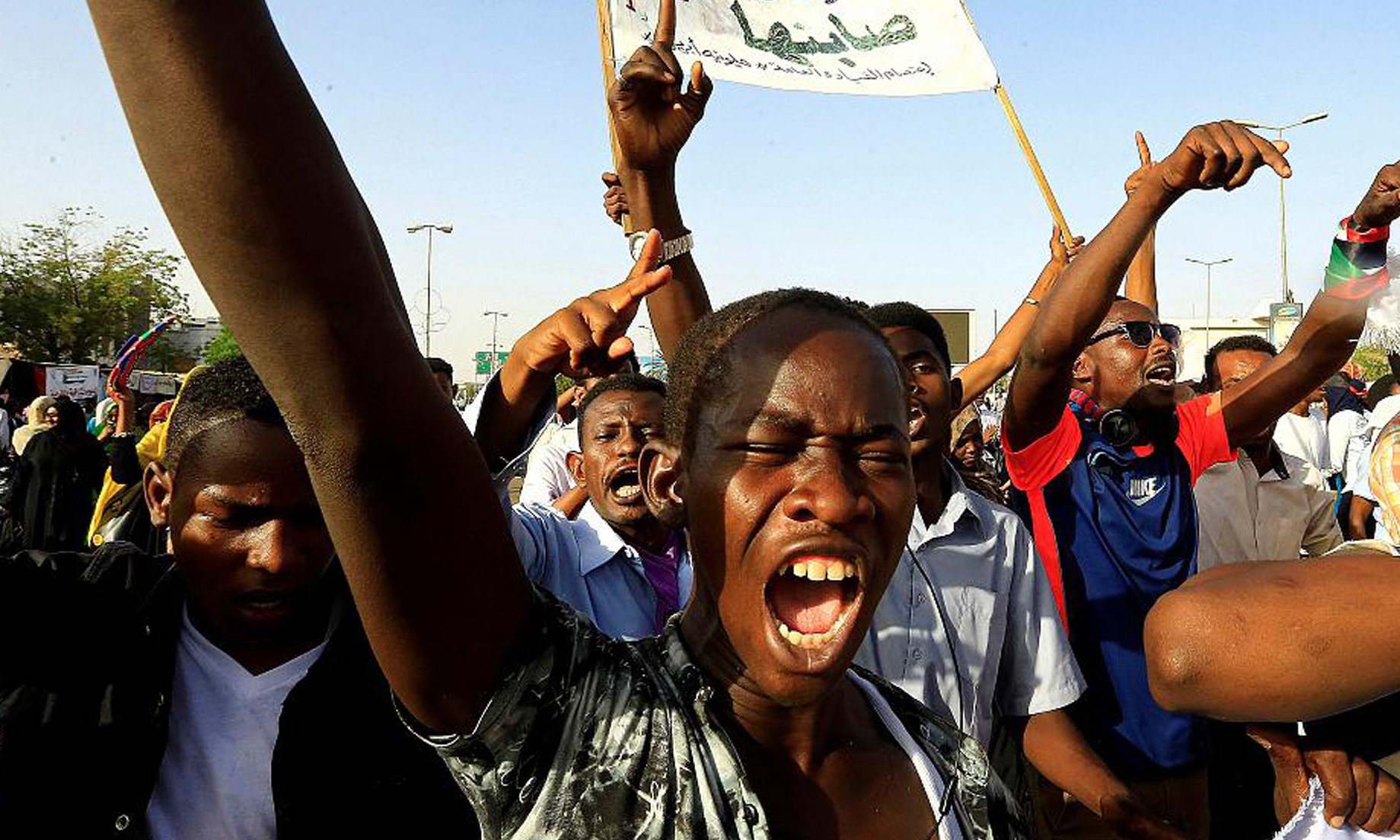KHARTOUM, May 30 (NNN-AFRICANEWS) – Wednesday marks the final day of a two-day national strike called by protest leaders in Sudan. They are pushing for a handover of power from the military junta that has been in charge since April 11, 2019.
The junta ousted Omar al-Bashir and have since been under pressure from protesters and the international community to handover power to a civilian transition team.
Talks between the two groups – protesters and junta – has passed the stage of a legislative arrangement but the contentious issue is of the sovereign council that will head the three-year transition.
The council is expected to be a joint body with civilian and military representation but its constitution and leadership has led to a partial breakdown of the talks.
Whiles protests like that of yesterday – today and a rolling sit-in continue to be used by the protesters, the junta’s leaders continue to court support of countries in the region and the wider Gulf Region.
Junta chief Abdel Fattah Burhan has in under a week made trips to Egypt, the United Arab Emirates, South Sudan and yesterday to Ethiopia where he met with Prime Minister Abiy Ahmed and the African Union’s head of peace and security.
In a meeting between Burhan and Abiy, the Prime Minister offered advise on the crisis back home but pledged not to interfere in the transition process, his office said in a social media post.
Day 1 of nationwide strike
A two-day general strike in Sudan started in the wee hours of Tuesday morning with public services largely grounded across the country, multiple reports have shown.
The latest move is a resort being used by the protest leaders to push for a civilian-led transition. The country is in a state of flux since April 11 when the military ousted long-serving Omar Al-Bashir.
A significant effect of the action is the paralyzing of airports with staff having joined the strike call. Travelers have been left stranded in the wake of the compliance.
Hours to the start of the action, several government-run institutions expressed their support with activists posting photos and statements to that effect on social media platforms.
The protest movement has in the past applied a series of measures including the strikes, mass protests – that were usually clamped down on and the infamous sit-in at the army headquarters in Khartoum.
The sit-ins and subsequent road blocks in key parts of the capital were largely the final nail in the coffin of Bashir. He was arrested after being deposed and is held at a maximum security jail.
May 24 call for protests
Last Friday (May 25), the Alliance for Freedom and Change, a loose coalition of parties, civil society groups and professional bodies, called for the campaign of civil disobedience.
It seeks to pile more pressure on the army, which it accuses of deliberately frustrating the power transfer talks. The campaign received backing from most members of the alliance.
Sudan’s main opposition al Ummah party, rejected it saying it was badly timed and risked worsening tensions with the ruling military council.
The head of the Military Council, Abdel Fattah al-Burhan, concluded trips to Egypt, the United Arab Emirates and South Sudan in an apparent effort to seek backing for the junta.
Talks between the military and protesters remain deadlocked with no breakthrough over the composition of the sovereign council which will be set up to manage the transition.
The protesters have accused the army of resorting to violence to break the sit-in at the defence ministry headquarters.





